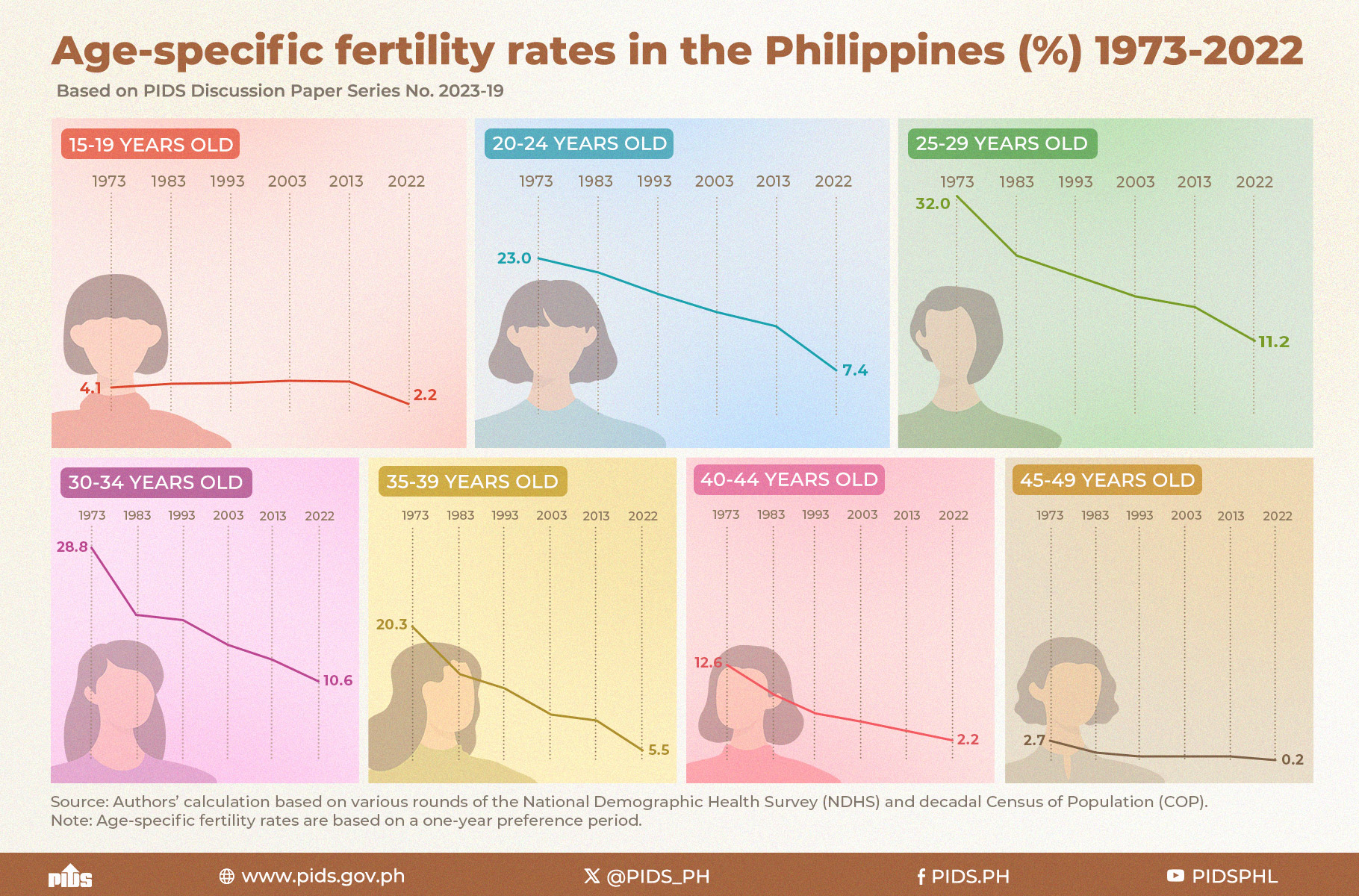The Philippines can continue to reinforce the importance of global value chains (GVCs) when the country hosts the Asia-Pacific Economic meeting this year, according to the Philippine Institute for Development Studies (PIDS).
The policy note, "Why global value chains and services matter: Implication for APEC 2015,” depicts the aggregated GVC participation index of countries in the Asia-Pacific Region and demonstrates how GVCs dominate global trade.
Global value chains are the sequence of activities around the world involved in the conception, production, distribution, usage, and other activities that add value to a product.
The study highlights the benefits of GVCs for independent economies and the
Asia-Pacific region and measures the extent of involvement of each individual economy through a participation index.
The opportunities to increase and optimize GVC participation are plenty for APEC. The trend for APEC nations is to target GVCs and segments that are congruent with the advantages and development objectives of theirindividual economies.
Depending on the GVC requirements, APEC member countries can design business facilitation measures and investment policies to encourage growth.
With the right measures, individual economies can help capitalize on these advantages and create new specializations.
GVC benefits are limited by the share of value added in the chain that a country is able to capture. Moreover, there are environmental and socio-cultural effects. And countries that become increasingly embedded in GVCs grow increasingly vulnerable to external shocks.
Expanding a country’s share of value added in the services GVC depend largely on the quality of infrastructure and efficient services markets.
APEC nations are collaborating to improve the transport sector, business services, telecommunications, and distribution channels.
Overall, the challenge is in creating the environment for GVCs to thrive in the Asia-Pacific region.
The study recommends that as the APEC 2015 host, the Philippines should build on the work already started and expand opportunities by undertaking further analytical work that focuses on the case studies of regional services value chains.
"There are no sufficient studies on the important role of services in GVCs and the potential for the region and the individual economies to benefit from the growth of services value chains, especially where small and medium enterprises, which are most engaged in GVCs, can better access them.”//












